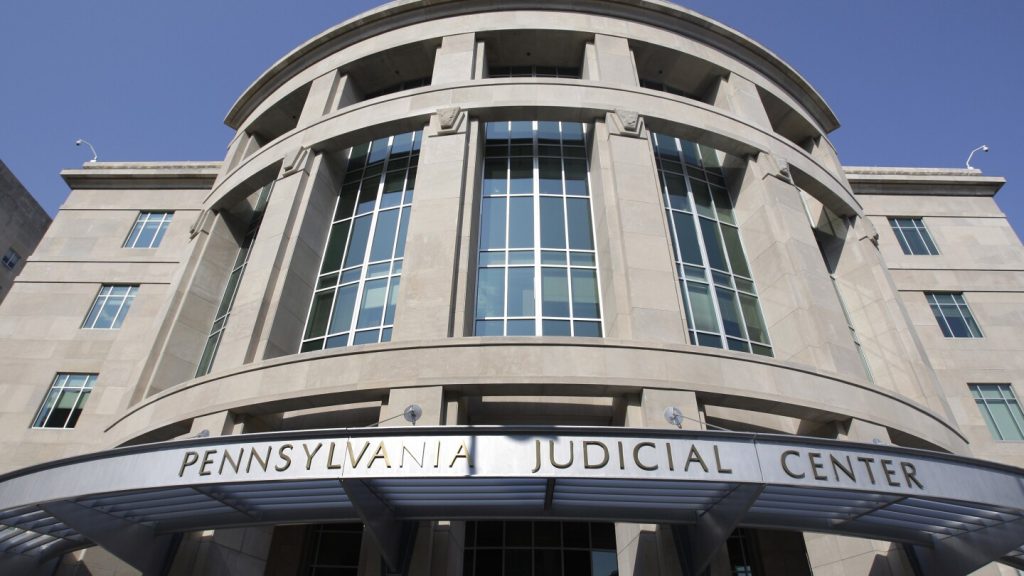The Pennsylvania Supreme Court issued a ruling that could impact the presidential race by potentially throwing out mail-in ballots that do not have accurate dates written on the envelopes. The court’s decision reversed a previous ruling that had halted enforcement of the mandate, raising concerns that thousands of ballots could be invalidated in a key swing state. The lawsuit challenging the mandate was brought by 10 community organizations, arguing that the requirement was not enforceable under the state constitution. Both Republicans and Democrats on the Court were divided in their decision, with the majority vacating the lower court’s decision.
The issue of handwritten dates on envelopes has disproportionately affected older voters and has the potential to impact more Democratic voters, as they are more likely to vote by mail in Pennsylvania. Republican National Committee Chairman Michael Whatley hailed the Supreme Court’s decision as a victory for election integrity, while lawyers representing the community organizations expressed concern over the potential rejection of thousands of ballots. They urged voters to carefully follow instructions to avoid trivial paperwork errors that could lead to their ballots being thrown out. The decision has left open the possibility of more litigation on the topic, as the dissenting justices argued that the high court should have addressed the constitutional question presented in the appeal.
The impact of the Supreme Court’s ruling could be significant in the upcoming general election, as more than 10,000 ballots in Pennsylvania might be at risk of being rejected due to envelope date issues. This could have implications for the presidential race, as Pennsylvania’s 19 electoral votes make it a crucial swing state. In addition to the presidential contest, Pennsylvania voters will also decide on other races, including the U.S. Senate seat currently held by Democrat Bob Casey, state legislative contests, and elections for state treasurer, auditor general, and attorney general. The outcome of these races could be influenced by the handling of mail-in ballots and potential rejections based on date discrepancies.
The Supreme Court’s decision to uphold the handwritten date requirement on mail-in ballot envelopes has sparked debate among legal experts and election officials. While some argue that the mandate is necessary to ensure the integrity of the election process and prevent fraud, others contend that strict enforcement could disenfranchise voters over minor technicalities. The dissenting justices emphasized the urgency of resolving the constitutional question at hand, as it directly affects the counting of ballots in the upcoming general election. With the potential for thousands of ballots to be rejected over envelope date issues, the importance of clear instructions and voter education on the submission process becomes paramount to prevent widespread voter disenfranchisement.
As the legal battle over mail-in ballot procedures continues in Pennsylvania, both political parties are closely monitoring the developments leading up to the general election. The outcome of the Supreme Court’s ruling on envelope dates could have far-reaching implications for the electoral process in the state and could ultimately impact the outcome of the presidential race. With Pennsylvania being a crucial battleground state with a history of close elections, any changes to mail-in voting procedures could have a significant effect on voter turnout and the overall results. As voters prepare to cast their ballots in November, the importance of understanding and following the guidelines for mail-in voting has become increasingly crucial to ensure that every vote is counted and every voice is heard in the democratic process.















